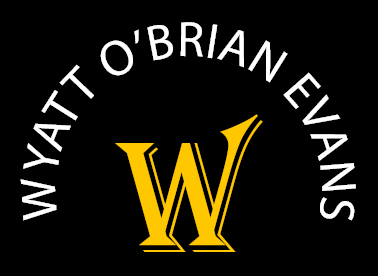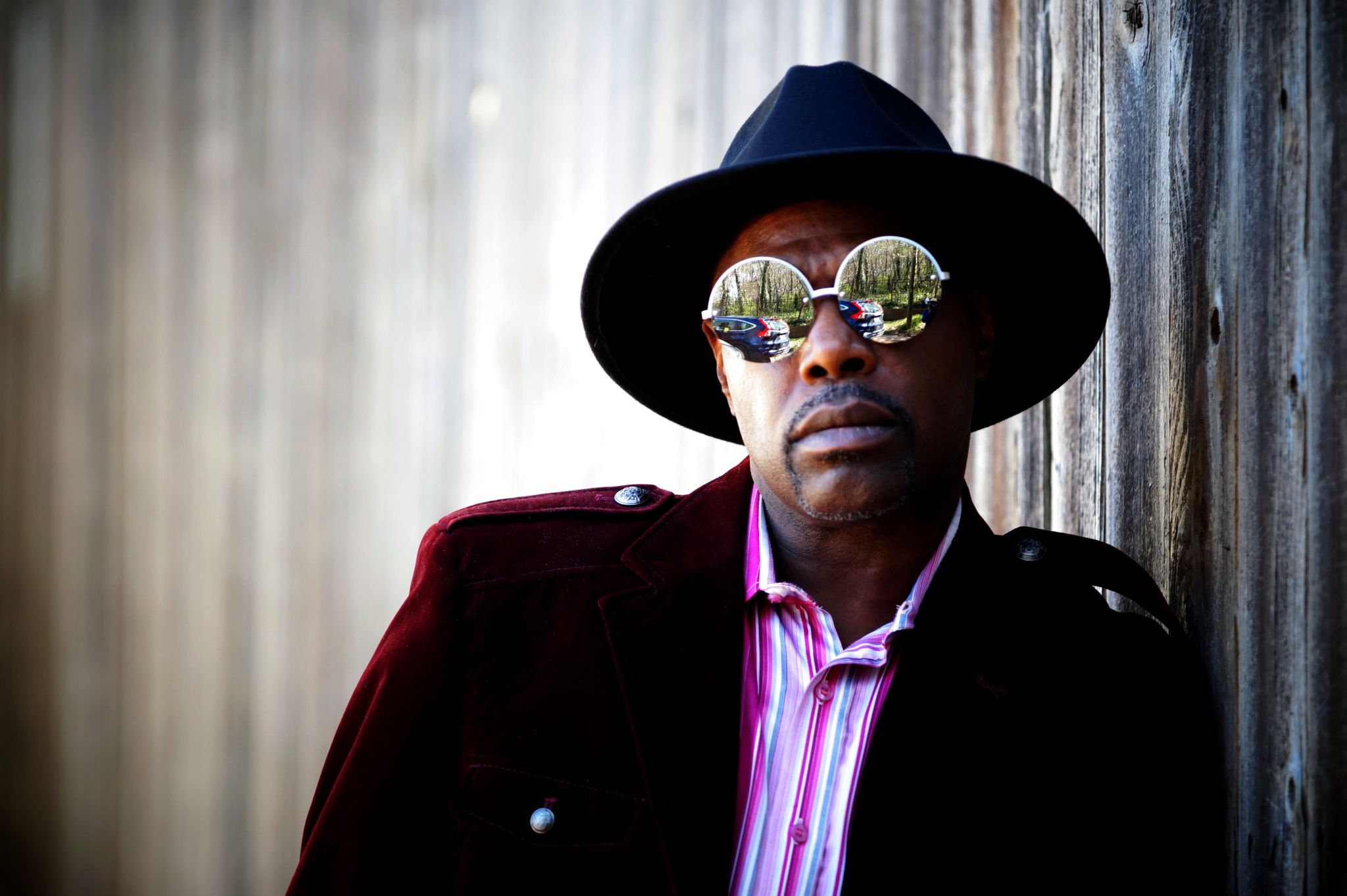“What a Difference One Voice Makes”
Guest Writer: W.D. Foster-Graham
These days, many people consider December 1 as World AIDS Day; I acknowledge that this does have its place, given how it has impacted the lives of the LGBT community and beyond. However, I remember this day in history for a different reason. I was three years old on December 1, 1955, the day that Rosa Parks changed the course of history with one word—No. That event was the catalyst for a year-long boycott of the Montgomery bus system in the early days of the Civil Rights Movement.
For those in my generation or earlier, the title of this installment is indeed a play on the title of a Dinah Washington song from 1959. Given these days and times, it serves as a reminder that one person, one voice, can and does make a difference. For me, that happened here in my backyard.
Growing up in south Minneapolis as a child of the 1950s, my reading material in school consisted of such books as Further Adventures of Dick and Jane. Black history was only mentioned about the Civil War and slavery; even then, it was in passing. Like my father, I love reading, and the neighborhood library was one of my favorite places to go. As I grew older, through high school of the 1960s and college of the 1970s, that one question burned within me: where are the books featuring persons who look like me, as one who stands at the intersectionality of African American and LGBT?
George Floyd’s murder, which took place in the neighborhood where I grew up, was a catalyst for me. It motivated me to take action on one of the many forms of systemic racism: the underrepresentation of books written by Black authors, particularly in Minnesota’s public library systems. My vision: to see my work and the work of more Black authors (especially local ones) on the shelves of every public library system in the state.
It was vital that I had done the research to back me up before I brought it to the library systems, hence I did my search data as any user of a library website would. For the majority of the public library systems, the results were sobering: less than 3% of the books in their collections were written by Black authors. When I made inquiries here and there, I discovered that the selection process often excluded African Americans because we are far more likely to be independent authors.

One of the lessons I learned earlier was the importance of having one-on-one conversations with the directors of the library systems (all of whom are white) since they are the ones who have the power to make the changes. There were those, such as the systems in the Twin Cities metro area, Duluth and Rochester, who were proactive and responsive to the information I brought to them. Others, as in the outstate areas, were slower to respond or defensive. Included in these conversations was the Minnesota Library Association, which made a statement on their website committed to anti-racism in their practices.
Another lesson was the importance of periodic follow-up on the progress of each library system in matters such as diversity audits, training, cataloging, increasing their sources for book selection, and intentionality in buying new books by authors of color. It meant making sure they walked the walk as well as talked the talk, to hold them accountable.
This, like everything, has been an ongoing process. During this process, I have had the honor of forming partnerships with other Black community activists to further our representation in the public library systems and education. Based on my work in this initiative, I was also asked to be the book review editor for Insight News, a Black community newspaper here in Minnesota. Currently, the Minnesota Library Association has included a resource list of local Black authors that I compiled on their website, which eliminated the excuse that selectors couldn’t find such authors. And it was a thrill to be part of this year’s Minnesota Black Authors Expo, with my husband by my side.
Oh, yes—over the past year, my Christopher Family Novel series is now part of 13 of the 18 public library systems in Minnesota, plus the Quatrefoil (LGBT) Library and the Des Moines Public Library. The works of my brothas and sistahs have increased in representation. It’s about progress, not perfection, and I am grateful to be in a position where I can be of support and provide exposure for others in my corner of the literary world.
Indeed, one voice, one person can make a difference wherever he/she/they are, and I thank God for showing me how to use that voice. And if we don’t share our stories, who will?
======================================================
W.D. Foster-Graham is an independent novelist from Minneapolis, Minnesota. He received a B.A. in psychology from Luther College, and he was an original member of the multi-Grammy Award-winning ensemble, Sounds of Blackness. He has also been recognized by the International Society of Poets as one of its “Best Poets of 2003.”
His tastes in writing run to family sagas and M/M romance, seasoned with his own brand of African American flavor—at the end of the day, it’s all about the love. He shamelessly admits to a love of romance novels, whodunits, and classic movies of old Hollywood. He was also inspired by the late novelists E. Lynn Harris and Toni Morrison, who believed that an author should write the books he/she/they want to read.
His Christopher Family Novel series can be found on the shelves of 13 public library system collections in Minnesota, the Des Moines Public Library System in Iowa, and the Quatrefoil (LGBT) Library. Current works in development are a continuation of his series: four M/M romance novels, “To Thine Own Self”(a 30-plus couple), “Dare To Dream” (single dad), “Playa No More” (age gap), “Built to Last” (friends to lovers), and “The Rise of Sherry Payson,” a story seasoned with humor, romance, mystery, and a story within.
You may visit W. D. at his online home, wfostergrahamauthor.com; on Twitter, @WDFosterGraham1; and Facebook. And email W. D. at [email protected].



Leave A Comment